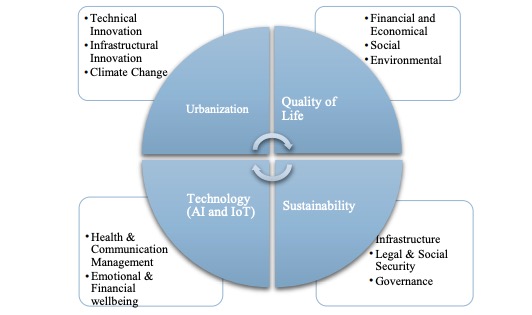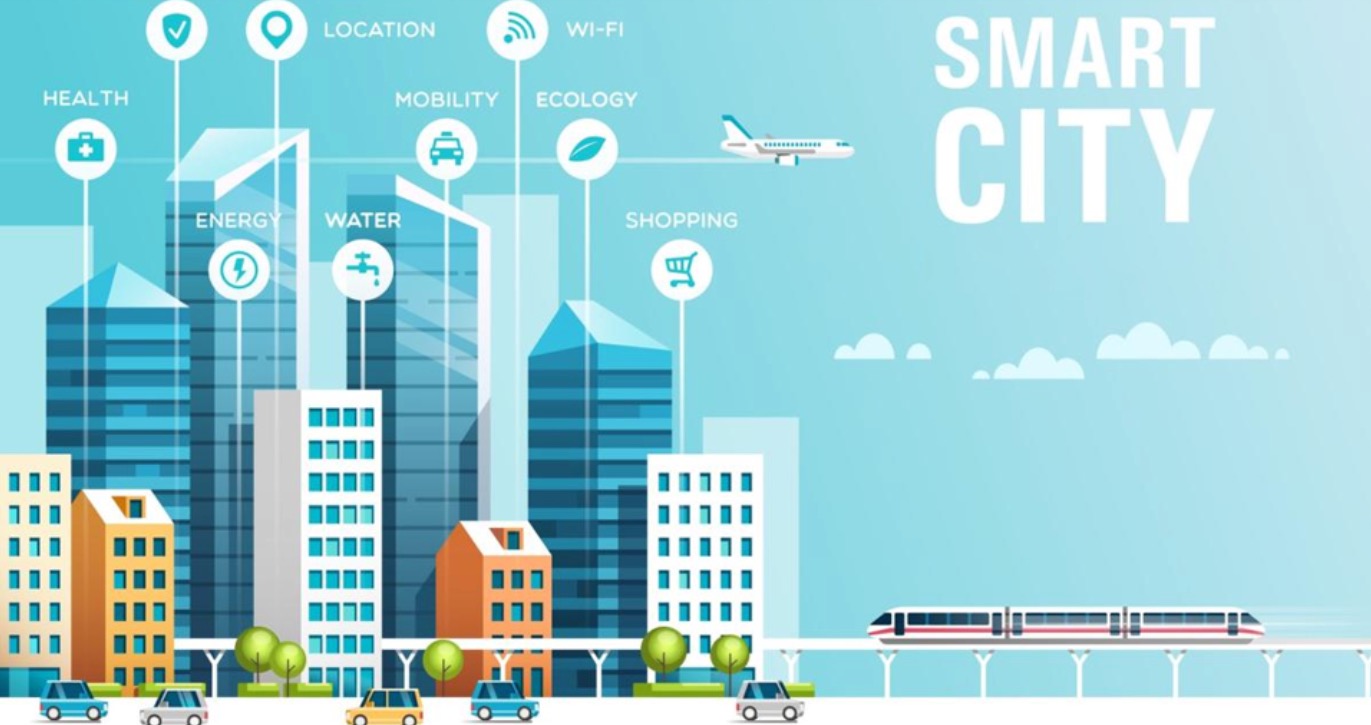Role of Artificial Intelligence in Smart Cities for Information Management
The rise in urban population and technological innovation has resulted in climatic, technological, and economic changes that can severely impact the value of life in cities. In reaction to the changes, the idea of smart cities has been developed, which refers to the novel application of information communication technology to minimize the severe impacts on the cities and their occupants. Artificial Intelligence is among the technologies being adopted to develop smart cities. Research shows that Artificial Intelligence (AI) is improving rapidly, and it plays a substantial role in helping intelligent city-wide systems in various domains. Thus, it is vital to decide the modern research advances to realize the role played by Artificial Intelligence in smart cities for intelligence gathering and dissemination. Also, there is a need to analyze the relationship between Artificial Intelligence and smart cities scientifically. To identify this relationship, this research paper will focus on the role of Artificial Intelligence, its applications, and the challenges associated with concepts and technologies identified as Artificial Intelligence in smart cities. Therefore, this research paper attempts to give insights into Artificial Intelligence’s role in smart cities for intelligence gathering and dissemination.


Artificial intelligence is used in public transit in smart cities to improve transportation. Cities with numerous transport infrastructures and structures benefit from the implementations that will enhance the users’ experience. In public transit, artificial intelligence gathers intelligence using real-time where buses, trains, and vehicles get real-time information via mobile applications.The real-time information helps the users communicate about delays, breakdowns, and less congested paths to save time and make informed decisions. Such strategies encourage other users to modify their choices or travel paths to minimize future public transit congestions. Gathering and analyzing public transit application data helps smart cities to make informed decisions when changing public routes and their schedules. Thus, the users can effectively allocate more accurate infrastructure resources. Places such as Dubai have finished several innovative city projects. One of the projects is observing the condition of bus drivers, which has resulted in a 65 percent reduction in road accidents due to tiredness and fatigue. Artificial intelligence is also used in public safety in smart cities. The networks and cameras installed to monitor public transport are being used to improve public safety by saving more lives and reducing the crime rate.In smart cities, artificial intelligence gathers intelligence from traffic lights and congestion information, which the emergency services disseminate to arrive at their destinations faster and safer. Moreover, smart cities can collect information on accidents or identify other factors to quantify, to establish predictive and protective strategies for the future

